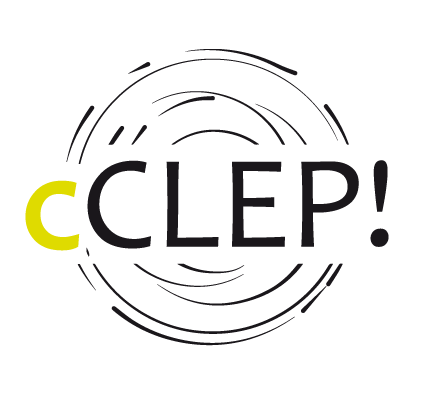Warning: qtranxf_postsFilter(): Argument #2 ($query) must be passed by reference, value given in /home/mhd-01/www.cclep.eu/htdocs/wp-includes/class-wp-hook.php on line 308
EPRALIMA_Escola Profissional do Alto Lima, C.I.P.R.L.
 Epralima was incorporated by public a deed in 1999, and it is a Private and Cooperative School, which focuses on vocational education, while offering Youth Education and Training Courses, Adult Education and Training Courses, and Specialized Technological Level V Courses.
Epralima was incorporated by public a deed in 1999, and it is a Private and Cooperative School, which focuses on vocational education, while offering Youth Education and Training Courses, Adult Education and Training Courses, and Specialized Technological Level V Courses.
Epralima has based its development strategy on preparing youths and adults for the exercise of qualified professions, by developing mechanisms that create closer ties between schools and economic institutions, as well as professional and cultural associations of the social tissue in the name of achieving an integrated human and entrepreneurial qualified training project which meets the integrated developmental needs at the regional and local levels.
The foundation of Epralima is based on the assumptions of its social project, which has established relationships with the community – particularly with the world of business and labour, coming together to consolidate a project devoted to the development of its region.
Main areas of expertise:
The foundation of Epralima is based on the history and assumptions of its social project, which has established relationships with the community – particularly with the world of business and labour, coming together to consolidate a project primarily devoted to the development of its region.
Epralima has been guiding its development according to the following strategies:
- – Prepare youths and adults towards the exercise of a qualified profession;
- – Develop mechanisms in which Epralima and the local economic, professional and cultural institutions and associations can create better relationships;
- – Provide trainees with professional experience and contact with the labour market, preparing them for an adequate socio-economic insertion;
- – Promote in conjunction with other local agents and institutions, the accomplishment of a training project for qualified human resources that responds to the developmental needs integrated in the country, particularly at the regional and local levels;
- – Provide students with general, scientific and technological training, solid enough to prepare them for the workforce and to later continue their studies, particularly through the following training modalities.
In this way, Epralima develops a wide range of training modalities in order to answer the needs of the region’s Human Capital:
- -Vocational courses;
- -Specialized Technological or Artistic Courses;
- -Vocational courses aimed at students, which have completed the second cycle of primary
- education and demonstrate skills and preferences in the artistic field, which leads to the conclusion of primary education, as well as a skills certification – level II;
- -Primary or secondary night courses which include a skills certification – level II or III;
- -Training courses at night for working individuals who intend to raise their level of professional
- qualifications or are determined to refresh their knowledge through training and retraining;
- -Programmes to support youth integration in the labour market who graduated from elementary school or high school (regular or vocational);
- -Other professional training initiatives, as long as they contain an adequate educational dimension, namely through the socio-cultural training component, and which results from the adaptation of vocational courses’ curricular plans to the characteristics, needs and potentialities of the socio-economic environment;
- -Courses of a vocational nature that allow the conclusion of primary education and grant a diploma, as well as, a skills certification – level II.





